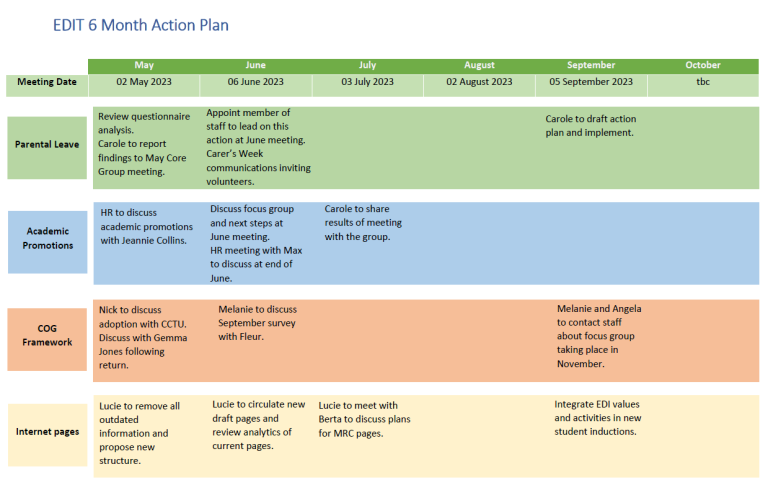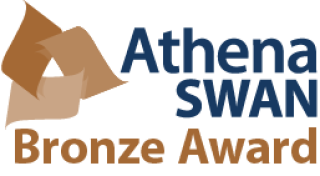The charter was created because there was clear evidence that there was unequal representation of women in science, and that personal and structural obstacles existed for women which made career progression challenging. As a result, escalating through career paths the proportion of women decreased dramatically. For example, although women make up about 40% of all academic staff, at professor level less than 20% are women.
Where inequality exists for such a large group, it is likely to exist, and persist, for minority and other groups. Therefore any improvements to the working lives of women are likely to benefit all staff. Research undertaken by Loughborough University and commissioned by the Equality Challenge Unit identified that other staff in departments with an Athena SWAN award felt the benefit of having an Athena SWAN award when compared to departments without awards, in that they felt they had more support for their career development and progression.
In addition, in 2011 Dame Sally Davies, the Chief Medical Officer, announced that from 2016 only institutions with a Silver Athena SWAN award will be eligible for NIHR funding. It is likely that other funding bodies will also require a firm commitment to gender equality, of which holding an Athena SWAN award is evidence.
As an EDI team we are signed up to the Athena Swan Charter Principles, to tackle gender inequalities and embed inclusive cultures.
In determining our priorities and interventions, we commit to:
1. adopting robust, transparent, and accountable processes for gender equality work, including:
a. embedding diversity, equity and inclusion in our culture, decision-making, and partnerships, and holding ourselves and others in our institution/institute/department accountable.
b. undertaking evidence-based, transparent self-assessment processes to direct our priorities and interventions for gender equality and evaluating our progress to inform our continuous development.
c. ensuring that gender equality work is distributed appropriately, is recognised, and properly rewarded.
2. addressing structural inequalities and social injustices that manifest as differential experiences and outcomes for staff and students.
3. tackling behaviours and cultures that detract from the safety and collegiality of our work and study environments, including not tolerating gender-based violence, discrimination, bullying, harassment, or exploitation.
4. understanding and addressing intersectional inequalities.
5. recognising that individuals can determine their own gender identity, and tackling the specific issues faced by trans and non-binary people.
6. examining gendered occupational segregation, and elevating the status, voice and career opportunities of any identified under-valued and at-risk groups.
7. mitigating the gendered impact of caring responsibilities and career breaks and supporting flexibility and the maintenance of a healthy ‘whole life balance’.
8. mitigating the gendered impact of short-term and casual contracts for staff seeking sustainable careers.
 Close
Close



